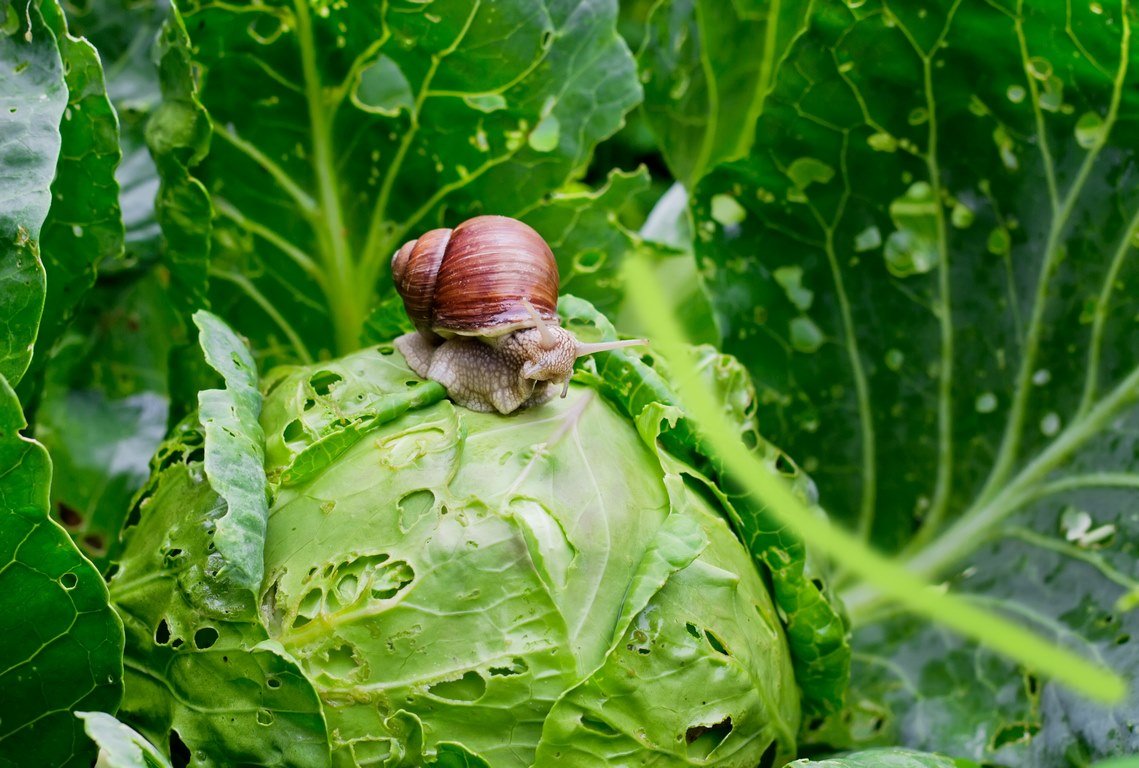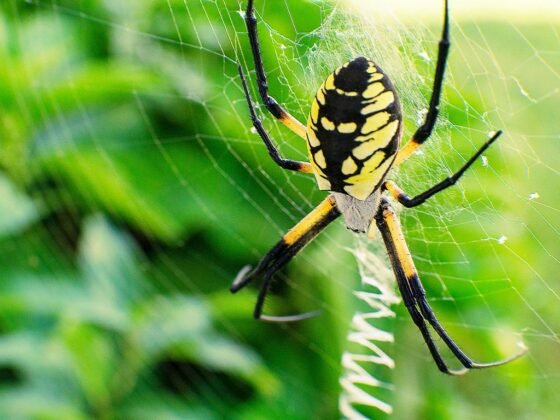Table of Contents Show
Pesticides can cause a lot of harm to the environment and also to the people who live in the area. Pesticides can also be harmful if they are used as an insecticide for getting rid of pests in your garden.
Luckily, there are lots of natural ways to protect your garden from invaders and ensure that your crop is bountiful. Here are some of our favorite tips…

Use Beneficial Plants to Keep Pests Out
Many plants have natural pesticides in their leaves, bark, or roots capable of killing harmful insects. These plants are called “sacrificial plants” because they sacrifice themselves to protect other plants.
For example, chrysanthemum is a plant that emits a substance called pyrethrin which naturally repels insects and is toxic to them. Other great plants for deterring pests from your garden are dill, cilantro, and parsley.
These plants work to deter insects and as sacrificial plants. Pests like slugs and snails love to feed on their soft leaves which distracts them from your prized plants.
Introduce Natural Predators of Pests into your Garden to Manage Population Growth
One of the most popular natural predators in gardens is ladybugs. However, there are many other species of natural enemies that can play a role in pest control.
Insects such as praying mantises, assassin bugs, and ground beetles prey solely on garden pests.
They can be found in almost any garden and they will do a lot to help you maintain a healthy environment by controlling populations of unwanted pests.
Use Eggshells and Diatomaceous Earth to Prevent Snails & Slugs
One way of dealing with snails or slugs is by using eggshells or diatomaceous earth (DE). You can then sprinkle it around the base of your plants and on the soil that surrounds them.
This will help keep them away from your plants because it acts like glass to their body so they won’t crawl over it. To make sure that this method works, it’s important to reapply the eggshells or DE every week or so as needed.
Read Also:
Use Nets to Protect Your Fruit & Berries from Birds
Pests such as birds and insects can be a major threat to fruits and berries. These pests can make quick work of an entire garden harvest which is a very frustrating problem to have.
Fortunately, nets are an effective way to protect your garden from birds. They keep the birds out while letting in light and air, which will help the plants grow healthier and stronger. If you use nets, just be sure to secure them so that birds can’t simply crawl under.
Use Oils & Soaps to Keep Pests Out of Your Garden
One of the easiest and most effective ways to deter garden pests is by using oils or soaps to create a barrier around your plants. These products work by creating an unpleasant smell or taste that bugs cannot stand.
The easiest way to leverage this natural pesticide is to mix one cup of vegetable oil with a few drops of dish soap, peppermint essential oil, cayenne pepper, and garlic.
Then spray this on the leaves of your plants. The oil helps the solution last longer and it’s very effective for keeping the most problematic insects away.
Know-How to Recognize the Signs of a Pest Problem in Your Garden
Pests come in many different shapes and sizes and can significantly damage your garden’s landscape, flowers, and trees. The first sign of pests is typical leaves that are yellowing or browning. Often this is caused by the plant being under stress due to pests damaging their roots or leaves.
You may also notice that part of your plant looks wilted or discolored even though it has plenty of water. If you see these signs, take a closer look. Better yet, use the methods above proactively to prevent pests in the first place.
It’s important to know that pests from your garden can easily make their way into your home and before you know if you have an invasion. If you live in Texas, call Romney Pest Control in Dallas for help.
Our experts can help with both traditional and natural solutions to protect not only your home but your garden and backyard too! Check out our home pest control options for help with any pest you’re dealing with.









